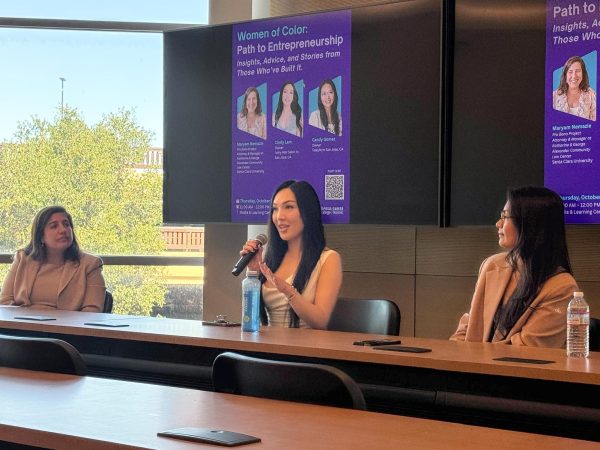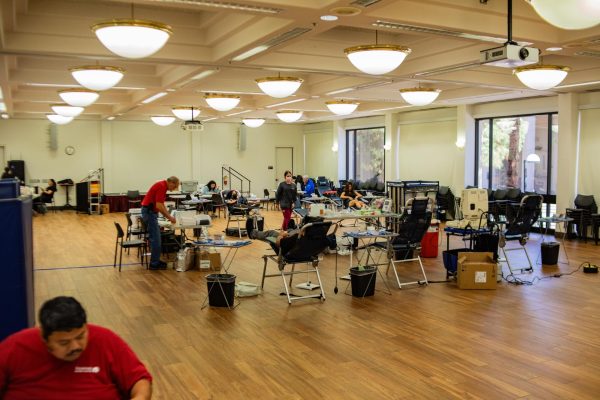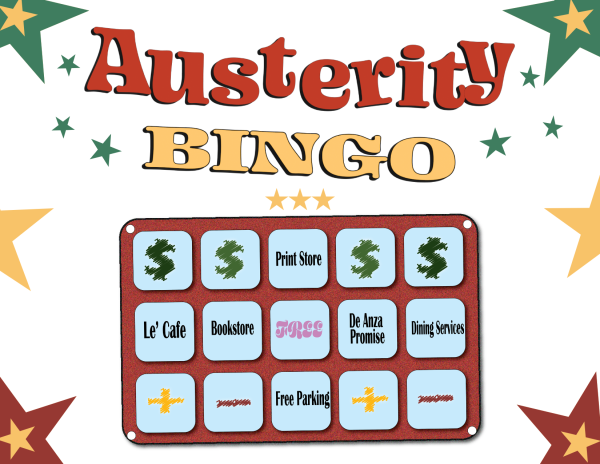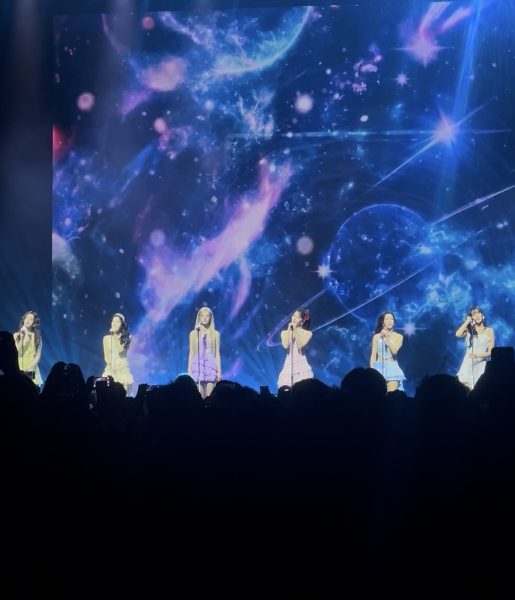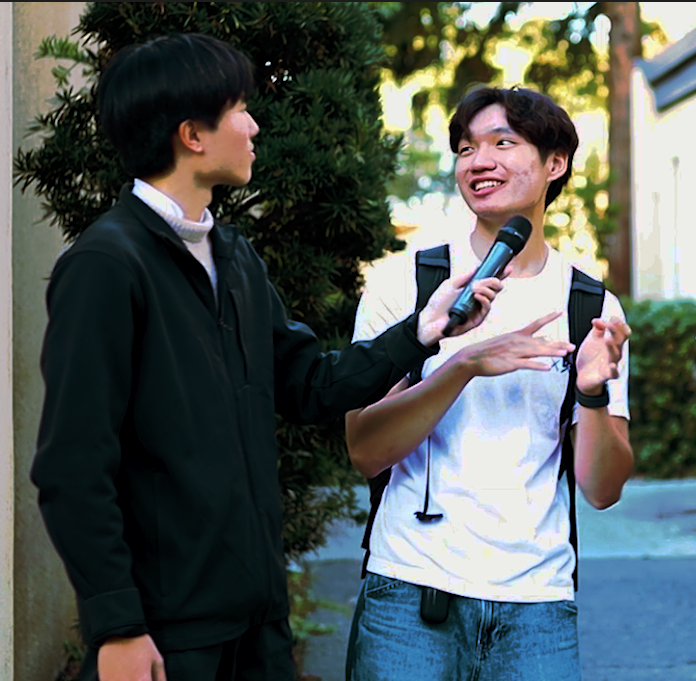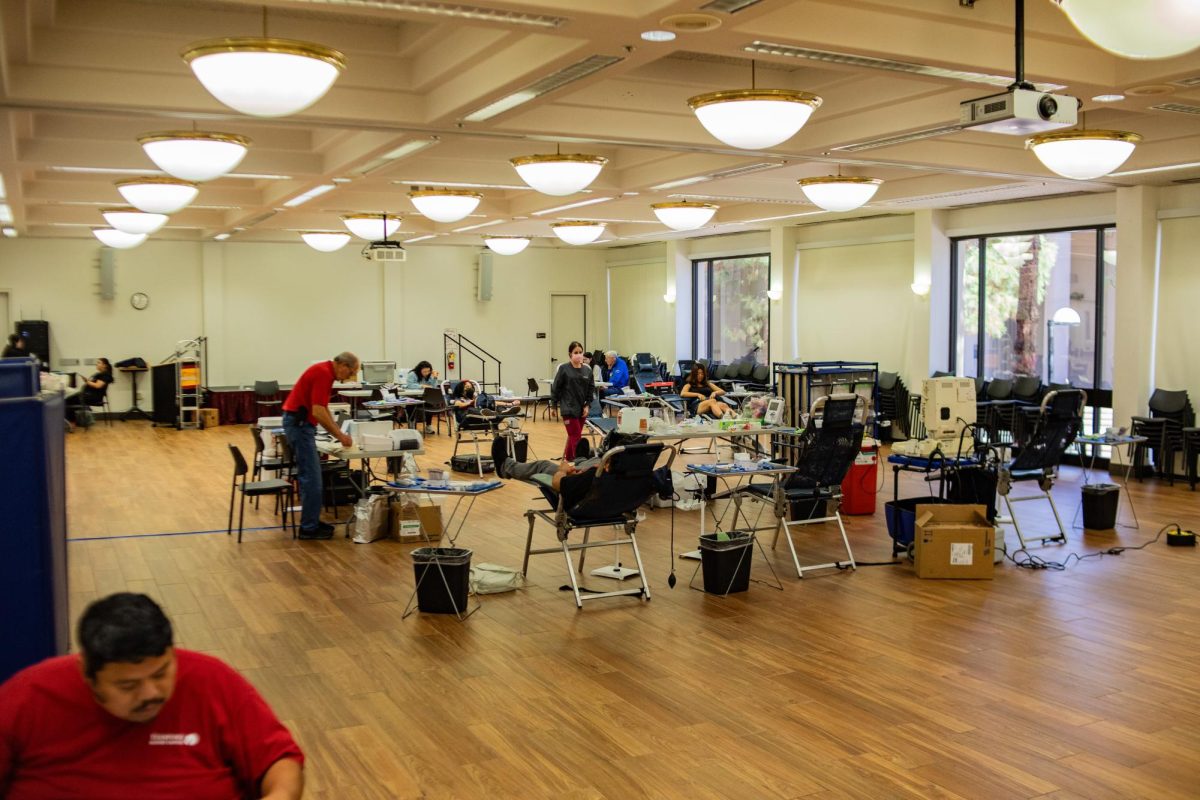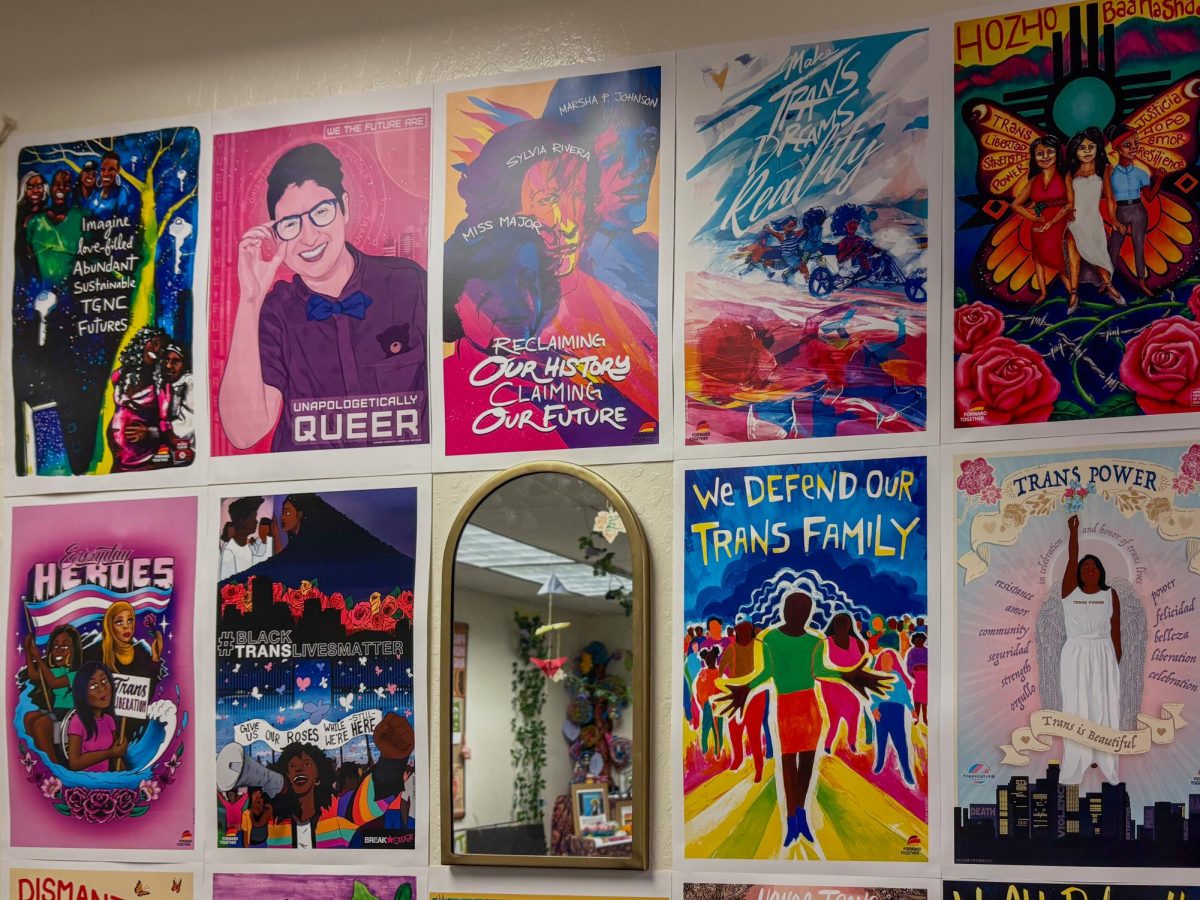Opinion: Memes spread false information
May 21, 2018
This article is from a two part debate on how memes affect modern culture.
Memes spread misinformation, escalate racial tensions, and create false expectations that lead to disappointment. They do not grant the full picture and are not a valid substitute for truth.
The recent memes about Mark Zuckerberg’s recent senate hearings are good examples of how memes spread harmful associations about current events. Images of him sitting on a cushion during the hearing to make himself look taller blew up on the internet, overshadowing the real issue: how Facebook handles our private information.
Memes about Kim Jong-Un and North Korea’s nuclear program are another example. Although these depictions of their missile program’s setbacks can be funny, memes falsely portray North Korea as harmless. Un is now armed with nuclear weapons, and memes about his nuclear program provide a false sense of security while he grows even more dangerous.
Although memes can seem harmless on the surface, they promote racism and stereotypes. For example, memes associating Asians with academics set unrealistically high expectations. These jokes also make it harder for Asians to feel validated by their own achievements, instead of feeling lost in a stereotype.
Memes can even ruin how we enjoy media. Specifically, they create set false standards and set us up for disappointment. For example, I haven’t seen “Avengers: Infinity War,” but I know a lot about the plot of the movie because of the memes I have seen online.
The next time you see a meme online, don’t trust it, and don’t let it enforce stereotypes in your mind. Better yet, don’t look at them at all.
















